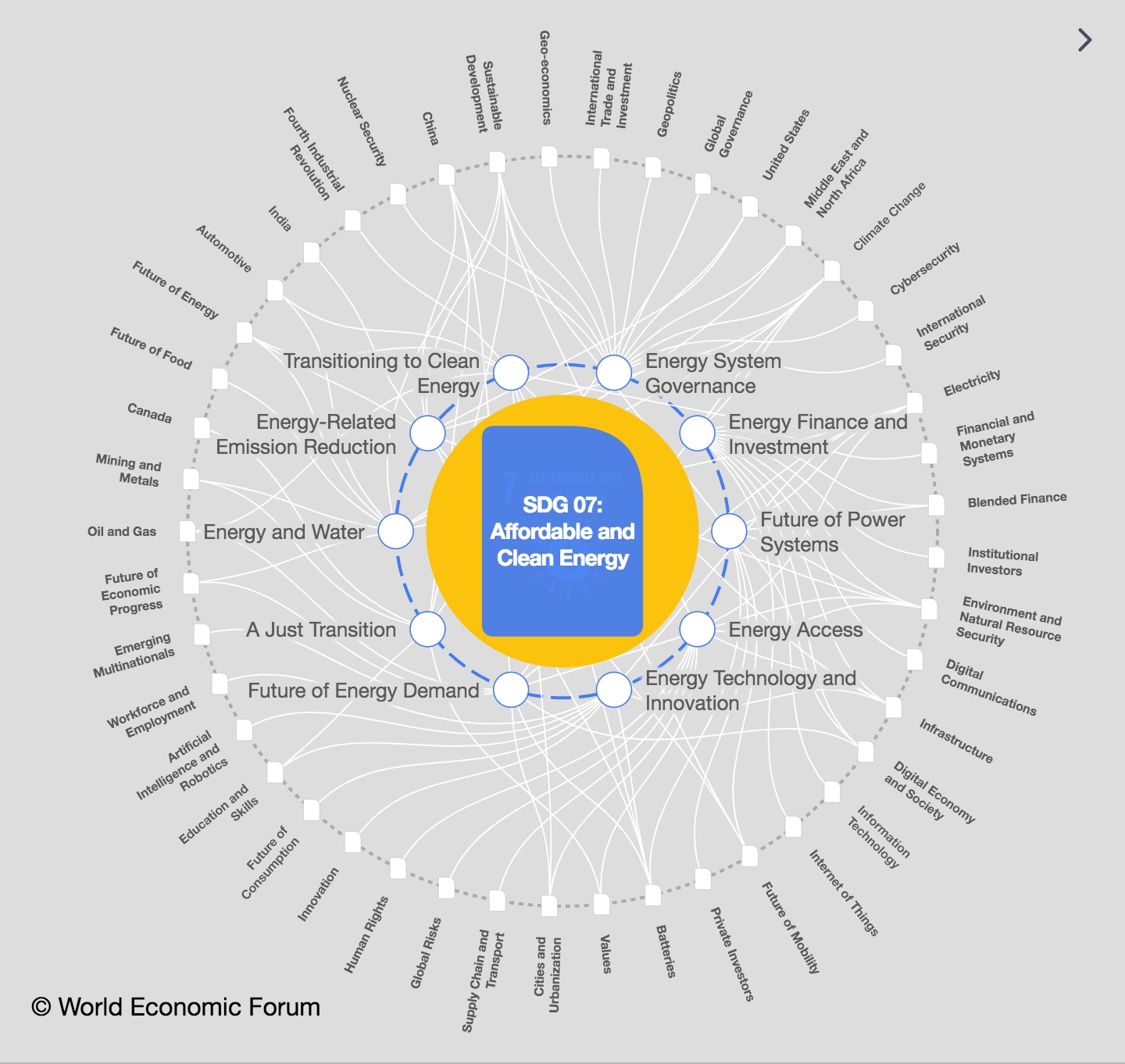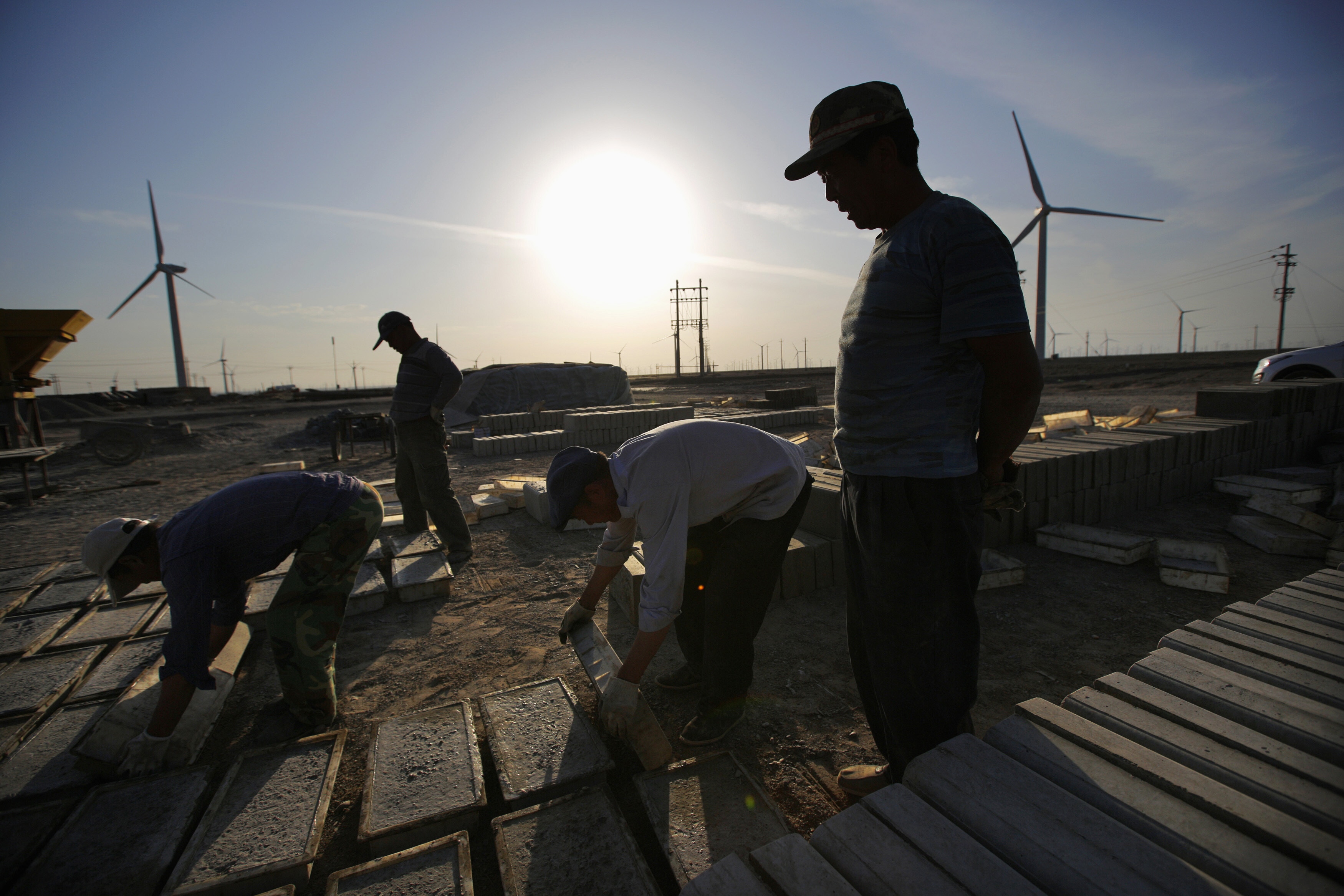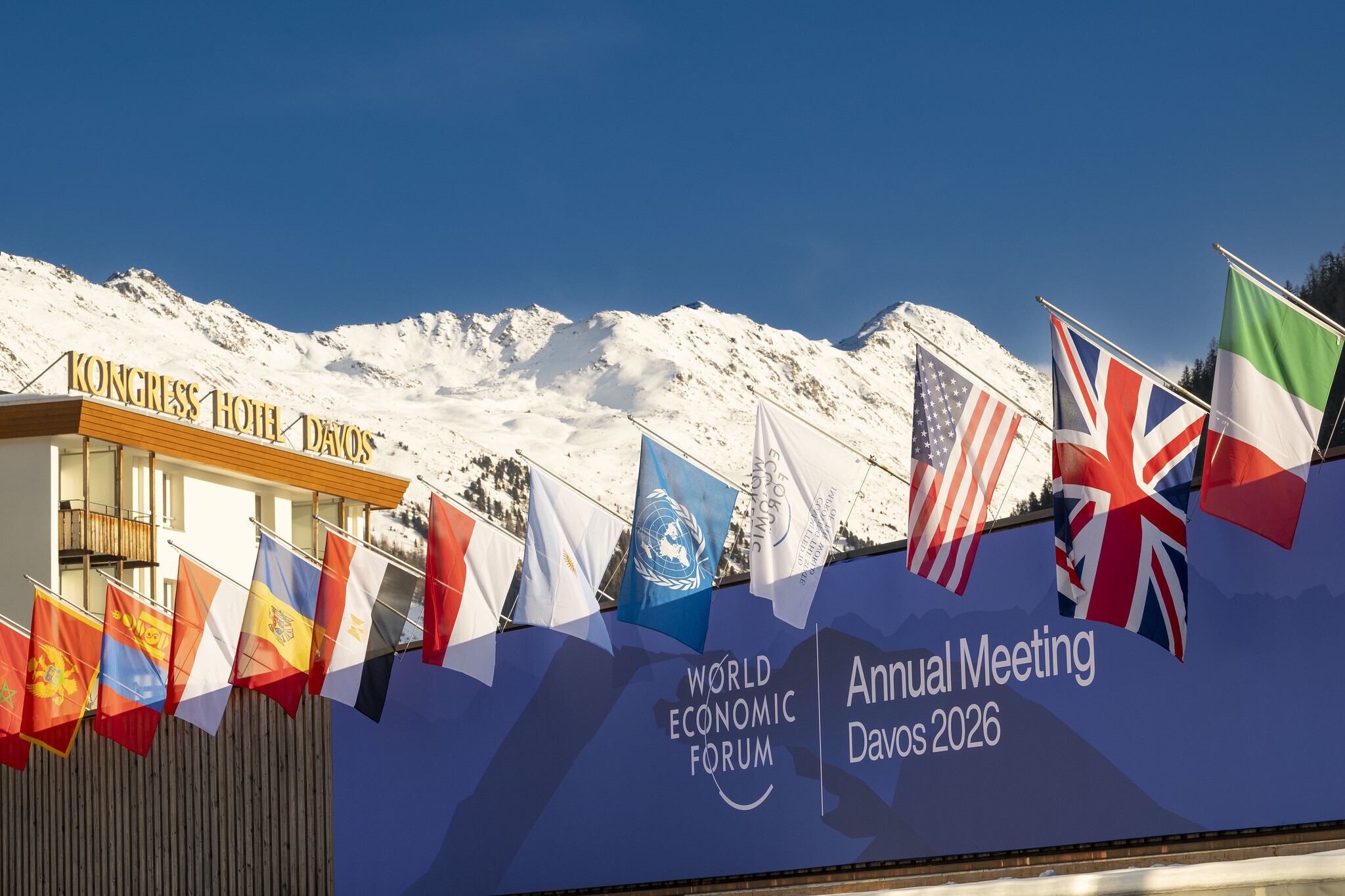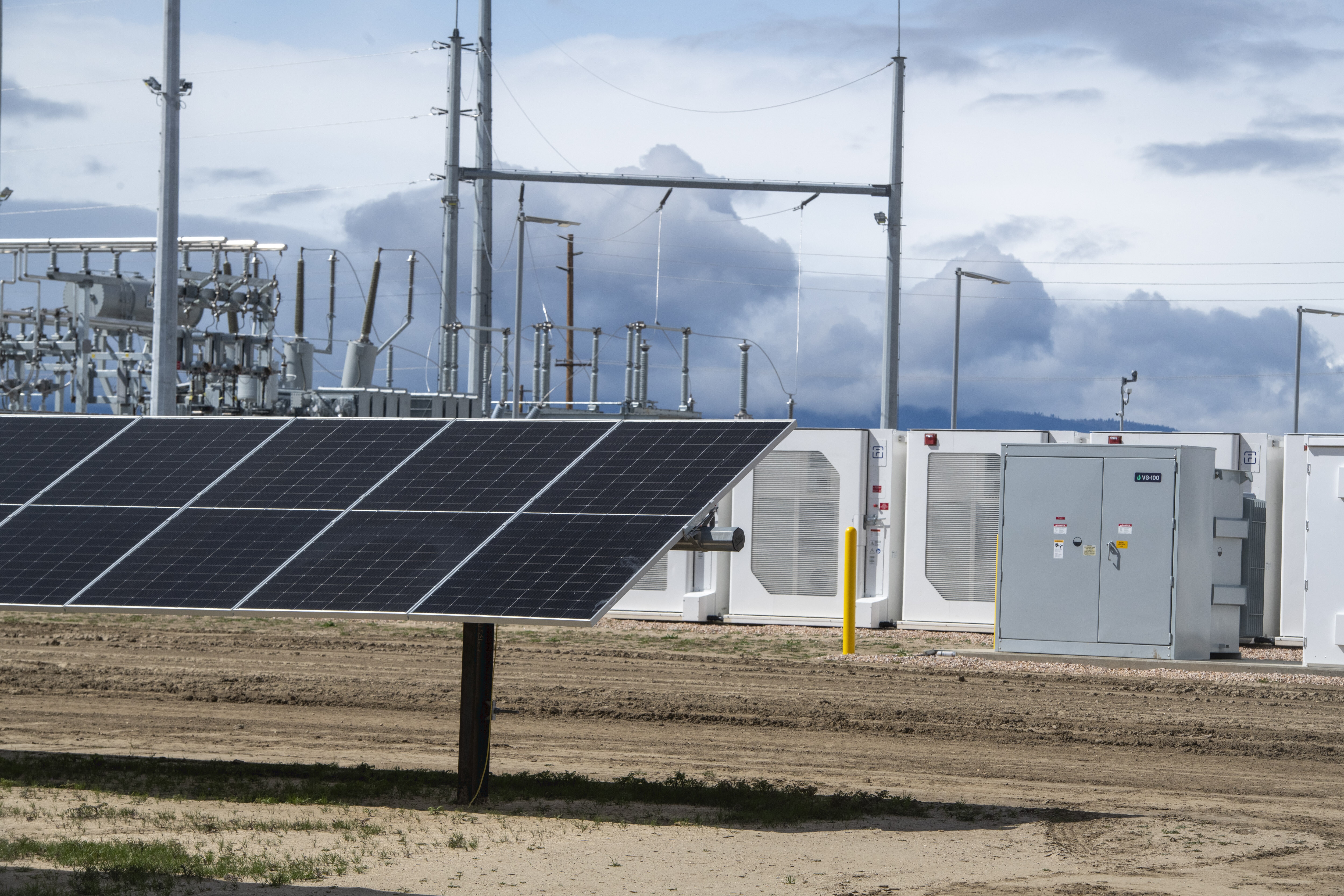Here’s how solar energy saved Europeans $29 billion this summer

Solar power generation saved the EU almost $29 billion in fossil gas imports. Image: Unsplash/Andreas Gücklhorn
Listen to the article
- Record levels of solar energy generation saved the EU almost $29 billion in fossil gas imports this summer, according to a new report.
- Solar power is key in helping Europe reduce its reliance on gas imports from Russia.
- 18 EU countries set new records in solar power generation between May and August 2022.
Solar power is helping Europe navigate an energy crisis of “unprecedented proportions” and save billions of euros in avoided gas imports, a new report finds.
Record solar power generation in the European Union this summer helped the 27-country grouping save around $29 billion in fossil gas imports, according to Ember, an energy think tank.
With Russia’s invasion of Ukraine severely threatening gas supplies to Europe, and both gas and electricity prices at record highs, the figures show the critical importance of solar power as part of Europe’s energy mix, the organization says.
Europe’s new solar power record
Ember’s analysis of monthly electricity generation data shows a record 12.2% of the EU’s electricity mix was generated from solar power between May and August this year.
This exceeds the electricity generated from wind (11.7%) and hydro (11%) and is not far off the 16.5% of electricity generated from coal.
Europe is urgently trying to end its reliance on Russian gas and the figures show solar can help do this.
“Every megawatt of energy generated by solar and renewables is fewer fossil fuels we need from Russia,” said Dries Acke, policy director at SolarPower Europe, in Ember’s report.

Solar saves $29 billion for Europe
The record 99.4 terawatt hours the EU generated in solar electricity this summer meant it didn’t need to buy 20 billion cubic metres of fossil gas.
Based on average daily gas prices from May to August, this equates to almost $29 billion in avoided gas costs, Ember calculates.
Europe is breaking new solar records every year as it builds new solar power plants.
This summer’s solar record is 28% ahead of the 77.7 terawatt hours generated last summer, when solar made up 9.4% of the EU’s energy mix.
The EU has saved close to another $6 billion in avoided gas costs because of this growth in solar capacity between last year and this year.

Europe’s gas prices are soaring
Gas prices in Europe reached a new all-time high over the summer and the price for this winter is currently nine times higher than it was this time last year, reports Ember.
This trend of “skyrocketing prices” is expected to continue for several years because of uncertainty around the war in Ukraine and Russia’s “weaponization” of the gas supply, Ember says.
To keep solar growing as an alternative energy source, to meet climate targets and to secure energy supplies, the EU needs to do more.
Ember suggests reducing permitting barriers that can hold up the development of new solar plants. Solar plants should also be rolled-out faster and funding increased.
Europe would need to grow its solar capacity by as much as nine times by 2035 to be on track to cut its greenhouse gas emissions to net zero, Ember estimates.

EU countries set new solar records
Greece, Romania, Estonia, Portugal and Belgium are among 18 EU countries that set new records during the summer peak for the share of electricity they generated from solar power.
Ten EU countries now generate at least 10% of their electricity from the sun. The Netherlands, Germany and Spain are the EU’s highest solar users, generating 22.7%, 19.3% and 16.7% respectively of their electricity from the sun.
Poland has seen the biggest rise in solar power generation since 2018 of 26 times, Ember notes. Finland and Hungary have seen five-fold increases and Lithuania and the Netherlands have quadrupled electricity generated from solar power.

Clean energy opportunity
Through the Energy Transition Index, the World Economic Forum, in collaboration with Accenture, have been tracking more than 100 countries for a decade as they transition towards clean, affordable and secure energy.
Their latest report, Fostering Effective Energy Transition 2022, acknowledges that COVID-19, the steep economic rebound that followed – pushing up demand for energy – and the war in Ukraine have disrupted energy markets, causing “significant consequences” for people, companies and economies globally.
The current energy crisis is a good opportunity to hugely speed up the transition to clean energy sources by increasing clean energy investments “at record pace” and transforming consumers’ energy consumption habits, the partners suggest.
Low carbon and renewable energy sources like wind and solar energy can help countries diversify energy supplies and make them more secure, the report notes. They also reduce greenhouse gas emissions, which accelerate climate change by warming the atmosphere.

How the Forum helps leaders navigate the transition of energy and materials systems
Don't miss any update on this topic
Create a free account and access your personalized content collection with our latest publications and analyses.
License and Republishing
World Economic Forum articles may be republished in accordance with the Creative Commons Attribution-NonCommercial-NoDerivatives 4.0 International Public License, and in accordance with our Terms of Use.
The views expressed in this article are those of the author alone and not the World Economic Forum.
Stay up to date:
SDG 07: Affordable and Clean Energy
Related topics:
Forum Stories newsletter
Bringing you weekly curated insights and analysis on the global issues that matter.
More on Energy TransitionSee all
Namit Agarwal
February 25, 2026






